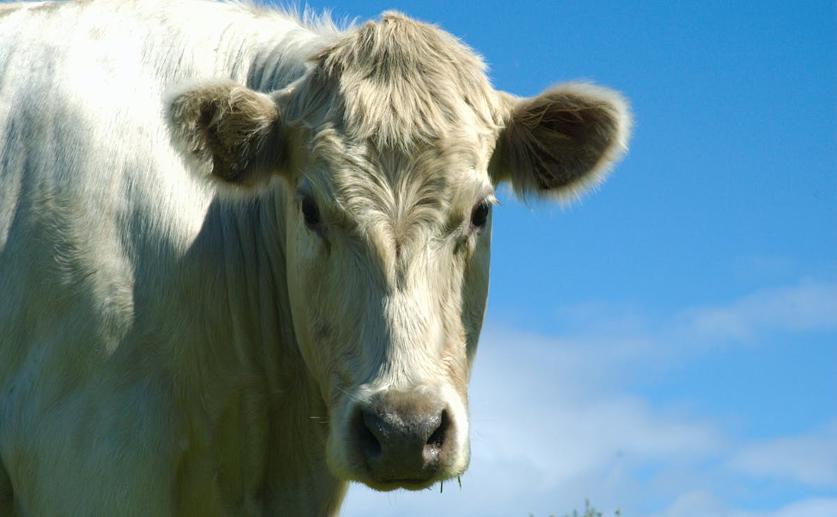
Boosting Digestion in Cattle with Alternanthera Sissoo Pellets
Greg Howard
3rd May, 2024

Image Source: Jak Jones (photographer)
Key Findings
- In a Thai study, adding Brazilian spinach pellets to cattle diets didn't change their digestion or methane output
- Higher Brazilian spinach pellet levels led to fewer stomach protozoa but didn't reduce methane as expected
- The study suggests plant supplements' effects on cattle digestion and emissions are complex and vary
AgricultureNutritionAnimal Science
References
Main Study
1) Supplementation of Alternanthera sissoo pellets on feed digestion, rumen fermentation, and protozoal population in Thai native beef cattle.
Published 15th May, 2024 (future Journal edition)
https://doi.org/10.1016/j.heliyon.2024.e29972
Related Studies
2) Ultraviolet-absorbing compounds in milk are related to forage polyphenols.
3) Potential of Mulberry Leaf Biomass and Its Flavonoids to Improve Production and Health in Ruminants: Mechanistic Insights and Prospects.
4) Effects of an extract of plant flavonoids (Bioflavex) on rumen fermentation and performance in heifers fed high-concentrate diets.



 22nd March, 2024 | Jenn Hoskins
22nd March, 2024 | Jenn Hoskins